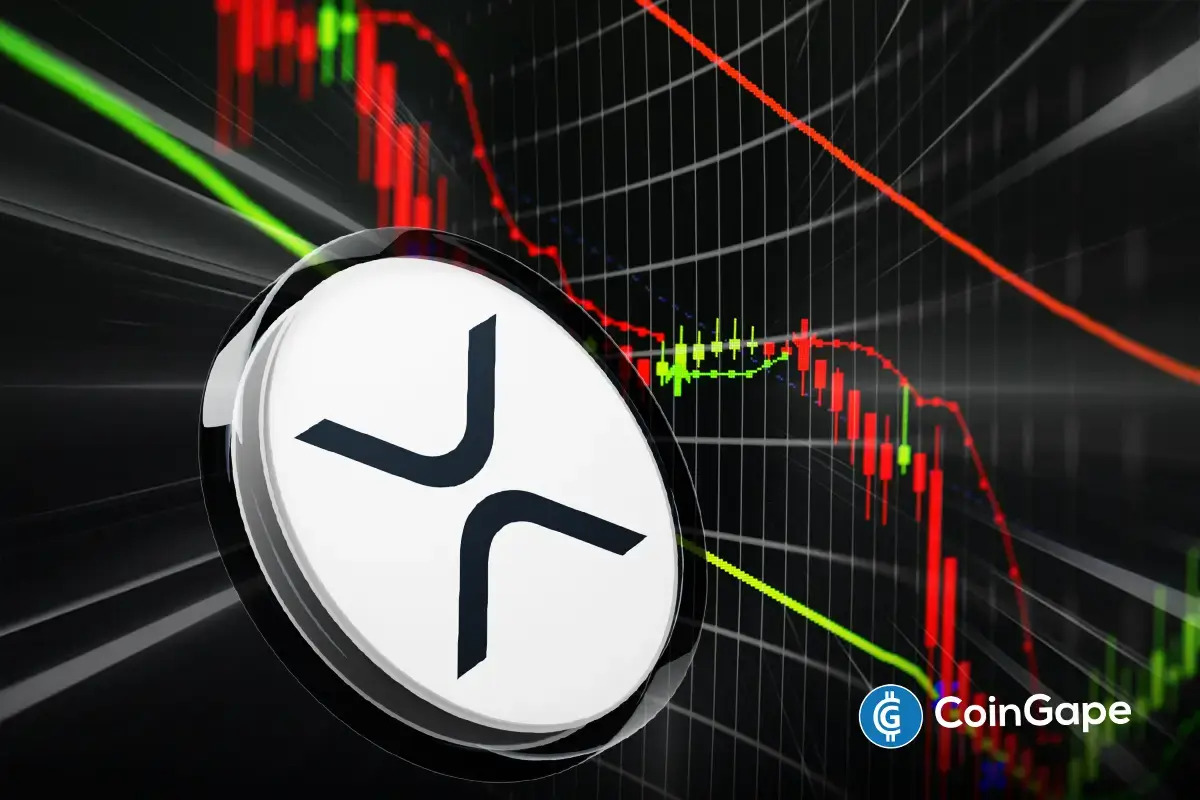South Korean Cryptocurrency Exchanges To Share Data With Banks
In an attempt to impose taxes on the transactions regarding virtual currency, the South Korean government has announced that from this month, six major banks will provide services to cryptocurrency exchanges. This new system requires the exchanges to share user data with banks.
Cryptocurrency exchanges have to share the data with banks
On Sunday, the FSC or Korean Financial Services Commission announced a few details regarding the new real name system. An FSC official declared that the cryptocurrency exchanges have to share their users’ transaction data with the banks.
In the statement, the official further mentioned that:
“Banks are expected to introduce the system, which will require cryptocurrency exchanges to share users‘ transaction data with banks, late this month or early next month.”
As of now, the financial authorities have banned banks from offering virtual accounts along with opening the anonymous cryptocurrency accounts as a potential move to prevent the speculative investment for virtual coins.
As part of the cryptocurrency trading clampdown, the new system will end the current practice of anonymous cryptocurrency trading. The ban on the financial institutions to issue new virtual account is in order to ensure that only those who have real name bank accounts and matching accounts at cryptocurrency exchanges can be used for deposits and withdrawals.
By the end of this month or early next month, it is expected the banks will introduce this system where the cryptocurrency exchanges are required by the govt. to share the users’ transaction data with banks.
6 Major banks to introduce the new system
As per the announcement of FSC, the 6 major commercial banks include the Industrial Bank of Korea, Shinhan Bank, Nonghyup Bank and KB Kookmin Bank. These banks will have the new system in place from January 30, though initially it was expected to be implemented by January 20.
According to a media source, an FSC official explained:
“Six commercial banks that have supported virtual currency transactions will establish a deposit and withdrawal system to convert [to] the virtual money real-name system and provide full-fledged services from the 30th.”
However, the opening of new accounts will still be suspended as the new service targets the existing virtual account users.
A potential step toward taxation and anti-money laundering
Furthermore, FIU or Financial Intelligence Unit is preparing the guidelines for anti-money laundering in respect to cryptocurrencies.
According to a media source, it has also been added that:
“As the government is able to access virtual currency transaction information, it will speed up taxation based on this information.”
This new system will be AML complaint as it has been expected that this system will block money laundering of illegal funds and filter out minors that are prohibited to invest in virtual money.
What are your thoughts on this new system introduced by South Korea? Do you think it will be helpful for both cryptocurrency investors and government? Let us know your thought in comments below and follow or write us on twitter and facebook page.
The presented content may include the personal opinion of the author and is subject to market condition. Do your market research before investing in cryptocurrencies. The author or the publication does not hold any responsibility for your personal financial loss.
Play 10,000+ Casino Games at BC Game with Ease
- Instant Deposits And Withdrawals
- Crypto Casino And Sports Betting
- Exclusive Bonuses And Rewards

- XRP Price Dips on US-Iran Conflict, But Capitulation Signals March Rebound
- Crypto Market at Risk as U.S.–Iran War Threatens Inflation With Oil Price Surge
- Polymarket U.S.–Iran Strike Bets Fuel Insider Trading Speculation as Crypto Traders Net $1.2M
- Cardano’s DeFi TVL Climbs as USDCx Stablecoin Launches on Network
- Gold vs. Bitcoin: Can Gold Outperform BTC Amid US–Iran Conflict?
- Top Analyst Predicts Pi Network Price Bottom, Flags Key Catalysts
- Will Ethereum Price Hold $1,900 Level After Five Weeks of $563M ETF Selling?
- Top 2 Price Predictions Ethereum and Solana Ahead of March 1 Clarity Act Stablecoin Deadline
- Pi Network Price Prediction Ahead of Protocol Upgrades Deadline on March 1
- XRP Price Outlook As Jane Street Lawsuit Sparks Shift in Morning Sell-Off Trend
- Dogecoin, Cardano, and Chainlink Price Prediction As Crypto Market Rebounds

 Buy $GGs
Buy $GGs

















